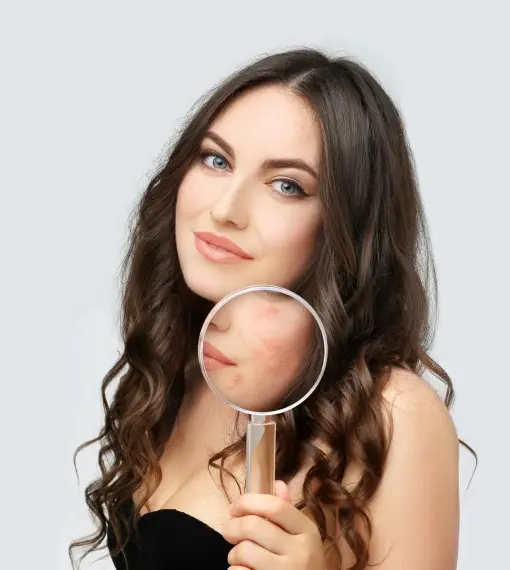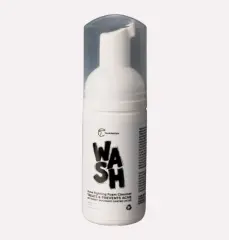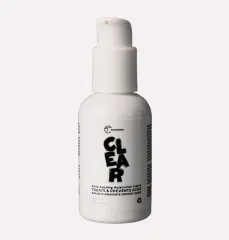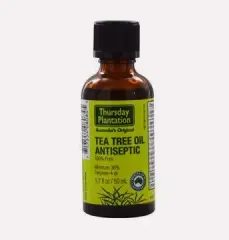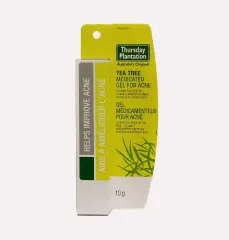Naturopathic medicine focuses on holistic healing. While it is a natural healing process, effective dietary changes and lifestyle factors can be recommended to reduce the causes from worsening breakouts.
Quick Search - Connect With Local Naturopaths - Find A Naturopath Near You
Top Naturopaths for Acne
“Dr. Jenna Priestap listened with no judgment and already gave goals to work on.”
From Our Academy
What makes acne particularly challenging is that so many factors can contribute to it. Genetics, for instance, can be a big factor. If there is a family history of acne, then the likelihood of developing acne is increased. We see this a lot in the severe cases of acne.
If there were a parent with severe acne, that would be more challenging to treat because of that genetic component. And then hormones. Especially going through puberty or pregnancy, a big change in hormones and an increase in androgens can lead to excessive sebum production. Sebum is this oily substance produced by the sebaceous glands on your skin. In excess, it clogs up pores and can lead to acne.
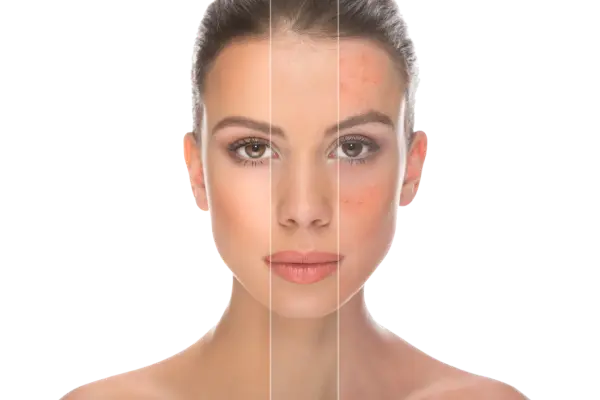
Enhancing Acne with Naturopathic Medicine
Naturopathic medicine can play a big role in enhancing acne treatment, as it is a very powerful focus on holistic healing. It’s important to keep in mind that acne has many leading causes which are internal, such as stress, diet and hormones. Not only does naturopathic medicine mitigate symptoms, but it addresses the underlying factors of acne. Naturopathic doctors may suggest lifestyle changes such as dietary shifts, focusing on a low glycemic index diet and determining possible triggers such as chocolate. Stress reduction methods may be integrated to control stress-related breakouts. There may be certain topical treatments with natural ingredients recommended and known for their antibacterial properties. The combination of these natural therapies and lifestyle modifications ensures to promote overall well-being.
Top Naturopaths for Acne with IV Therapy
Common Causes or Complaints of Acne
Frequently Asked Questions
What makes acne particularly challenging is that so many factors can contribute to it. Acne can be a result of a combination of factors such as genetics, hormonal changes, diet, stress, cosmetics, and environmental factors.
When going through puberty or pregnancy, a big change in hormones and an increase in androgens can lead to excessive sebum production. Sebum is this oily substance produced by the sebaceous glands on your skin. In excess, it clogs up pores and can lead to acne.
High glycemic index foods can worsen acne and cause breakouts. These include white bread, sugar, and processed foods that easily break down and rapidly spike blood sugar levels, worsen acne. Dairy and chocolate are also factors.
Several supplements have been shown in the research to reduce acne and inflammation. At the top of that list is zinc. Zinc reduces inflammation and the severity of acne, especially if there is a zinc deficiency. The other one that has been shown to be helpful is Omega-3 for its anti-inflammatory properties. Vitamin D is especially helpful if there is a deficiency. Most people in Canada especially need to supplement with vitamin D because we’re too far North to make enough. Lastly is lactoferrin. This is a new one that’s coming up. It is one of the proteins from whey. New research shows that it can be helpful when it comes to treating acne.
It’s essential to keep in mind results may vary considering individual health profiles. Although many individuals are happy with naturopathic approaches, consultation with a naturopathic doctor is recommended for specialized direction.
Given that each individual’s skin is different, the effectiveness of naturopathic treatments varies. It’s essential to be consistent with the naturopathic doctor’s recommendations whether they are dietary changes, supplement regimens, or lifestyle modifications. Individuals should consult with their healthcare provider for a timeline and expectations.
Topical treatments containing effective ingredients like salicylic acid can unclog pores and alleviate acne. However, diet, supplements, and overall lifestyle should still be maintained and taken into consideration as well.
